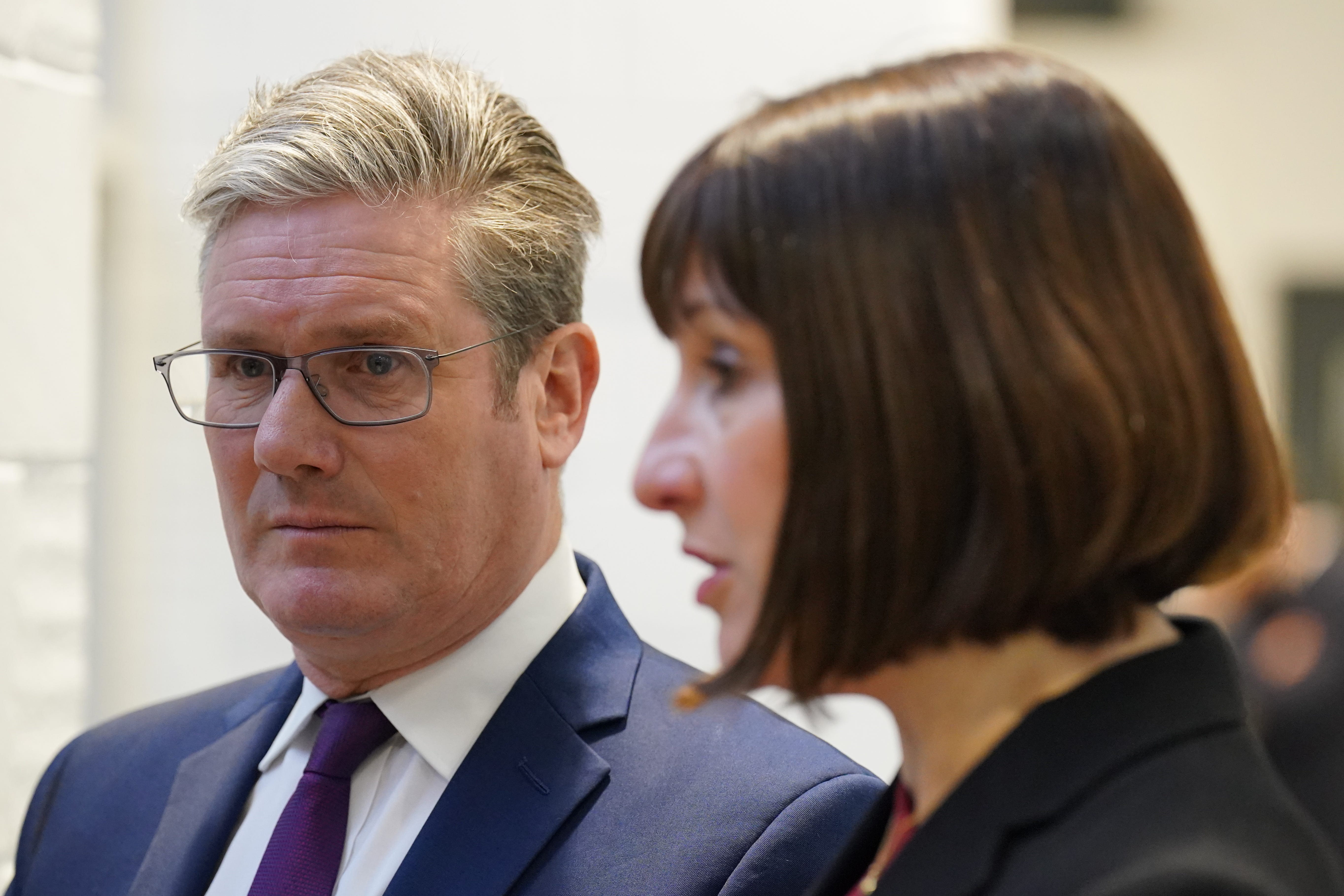Labour would not turn to immigration to plug workforce shortages – Reeves
The shadow chancellor said Britons should be trained up to fill job vacancies.

Your support helps us to tell the story
From reproductive rights to climate change to Big Tech, The Independent is on the ground when the story is developing. Whether it's investigating the financials of Elon Musk's pro-Trump PAC or producing our latest documentary, 'The A Word', which shines a light on the American women fighting for reproductive rights, we know how important it is to parse out the facts from the messaging.
At such a critical moment in US history, we need reporters on the ground. Your donation allows us to keep sending journalists to speak to both sides of the story.
The Independent is trusted by Americans across the entire political spectrum. And unlike many other quality news outlets, we choose not to lock Americans out of our reporting and analysis with paywalls. We believe quality journalism should be available to everyone, paid for by those who can afford it.
Your support makes all the difference.A Labour government “wouldn’t turn to immigration as the easy answer” to plugging workforce shortages, Rachel Reeves has said.
The shadow chancellor said Britons should be trained to fill vacancies in sectors such as data science and in the NHS.
It comes after Labour chairwoman Anneliese Dodds last week indicated migration could increase in the “short term” if the party comes to power, but would ultimately be reduced by addressing the domestic skills shortage.
Asked about her colleague’s comments, Ms Reeves told the Sun: “What I want to see is people who are already in Britain being trained up for the jobs that are available in the economy… there are many people who are not in work who with the right support, could get into work.”
There are many people who are not in work with the right support, could get into work
Simply allowing in foreign workers to take British jobs “doesn’t make any sense at all”, she told the newspaper during a trip to the United States.
“If we’ve got a shortage of data scientists, if we’ve got a shortage of nurses or doctors, and the Migration Advisory Council are saying we need to bring people in, then we should then be training those people.
“There are many people who are not in work with the right support, could get into work.”
She spoke of devolving work support programmes to a local level, as well as reforms in childcare and the NHS as ways to help millions of economically inactive people into employment.
Westminster is braced for fresh data that is expected to show net migration reached record levels last year.
The Office of National Statistics is set to publish figures this week that could show net migration — the number of people arriving via legal means, subtracted from the amount leaving the country — reached at least 700,000 in the 12 months up to December 2022.
That will exceed the record of 500,000 set in the year to June 2022 and is substantially higher than the 226,000 level which stood when the 2019 Conservative Party manifesto promised that “overall numbers will come down” following the introduction of post-Brexit border controls.
Earlier on Monday, Sir Keir Starmer told BBC’s Today programme he “would expect it to come down and I want it to come down” from 500,000.
The Labour leader declined to put a number on it when repeatedly pressed, saying previous governments tended to miss targets, but that the “direction of travel” for net migration would be downwards.